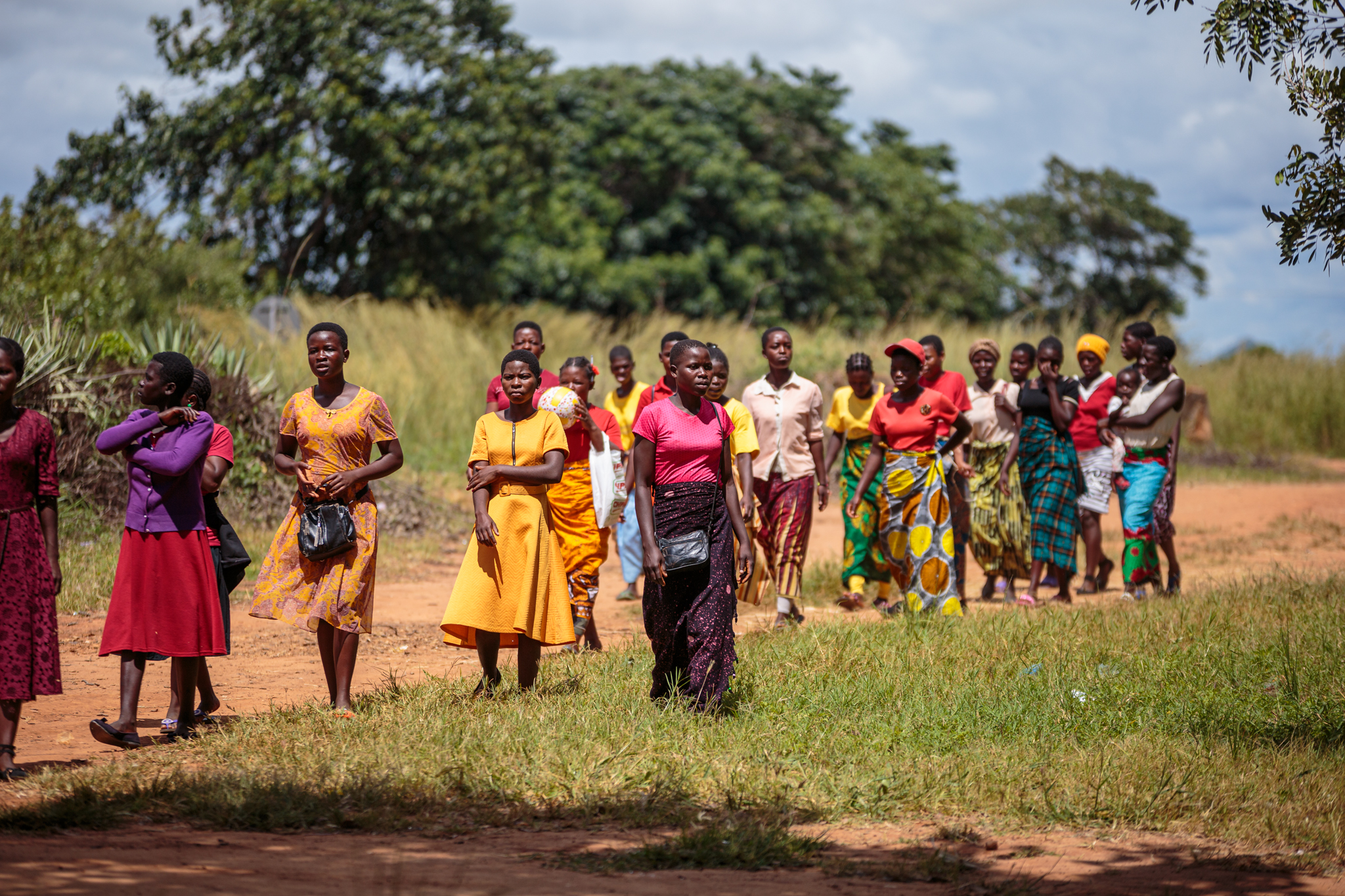(New York) — The United Nations Women’s Peace and Humanitarian Fund (WPHF) released the findings of its latest Civil Society Organization (CSO) Annual Survey on Women, Peace and Security (WPS) and Humanitarian Action. The new survey takes stock of the current funding landscape and challenges facing local women’s organizations working on issues of peace, security and humanitarian action in crisis-affected countries across the globe. A total of 161 WPHF-supported CSO representatives working to build peace and respond to crisis in 23 countries contributed their valuable perspectives from the front lines.
The survey findings urgently underscore how local women’s organizations operating in fragile contexts routinely face grave risks and targeted retaliation as a result of their work, despite their commitment to continue serving their crisis-affected communities. Almost half of the organizations surveyed this year (44%) reported their staff received threats as a result of their work on WPS-HA in the last 12 months.
“There needs to be increased interest, cooperation and funding to support the efforts of women’s organizations working on peace initiatives and the involvement of women as peacemakers,” said a local civil society activist and WPHF-supported partner working in Iraq.
This year’s survey results also found that 89% of the CSOs surveyed worldwide (up from 84% in 2020) feel that the continuity of their organization’s work — and their ability to carry out their mandate — is at risk due to a limited amount of programmatic or institutional funding available, with over half of these organizations (57%) reporting high or very high risk. Limited access to multi-year, institutional funding is a key concern for local women’s organizations in fragile and crisis contexts, with 58% of the survey respondents highlighting this as one of their core challenges.
The results also expose the limited flexibility of donors supporting grassroots organizations in fragile settings as a particular concern of CSO activists, with 56% of women’s organizations reporting their funding is not flexible enough for smaller organizations. Participants reported how donors rarely consider the realities and constraints of working in crisis contexts, how funding application processes are often too cumbersome or demanding, and the amount of time required to secure funding often lengthy. These complex application processes and reporting procedures constitute grave deterrents for engaged and qualified local women’s organizations from securing the critical support that they need.
In more positive developments, the brief found that women’s organizations are increasingly being consulted or invited to engage in policy or WPS-HA action plans at local, regional, and national levels, with 54% of the CSO representatives surveyed reporting they were consulted to engage on such issues. Although this represents an 8% increase from last year, more work needs to be done to provide local women peacebuilders, humanitarians and WHRDs with the support and acknowledgement they deserve.
“Investment in women and their local organizations is non-negotiable to the success of peacebuilding and humanitarian action,” said Ghita El Khyari, Head of the WPHF Secretariat. “The findings exemplify the urgency for flexible, multi-year support to sustain the critical work of women-led civil society on today’s front lines.”
WPHF is calling on the international community, the private sector and individuals to mobilize support for:
- Continued flexible and quality funding to support local women’s rights organizations working in crisis and conflict settings, including multi-year institutional/core funding and programmatic funding;
- Investment in strengthening the institutional capacity of local women’s organizations working in conflict and crisis settings to increase their access to funding, financial and risk management, adaptation and overall continuation and sustainability of their work to impact WPS-HA;
- The protection and participation of women peacebuilders and WHRDs from crisis and conflict settings, including through fast and flexible funding to individual WHRDs and women’s organizations
- The use of simplified application documents and processes for local women and youth grassroots organizations in applying for funds for WPS-HA, including diverse languages and more support/guidance on project proposal writing while ensuring a demand-driven process.
Download and read the full WPHF survey brief here.
